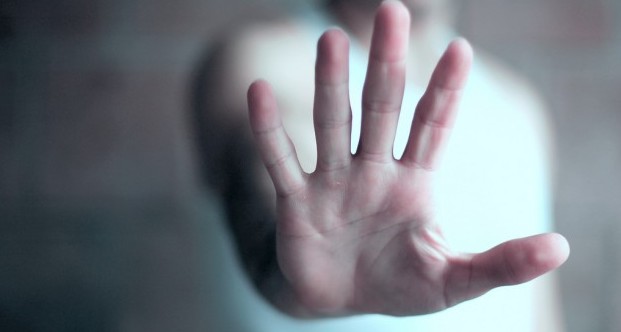 Most parents have a penchant for worry to begin with, and tragedies like the Connecticut elementary school shooting in Newtown can easily escalate the worry into terror. Worry about your own children’s safety, the state of the world in general and how you’re going to talk to and calm down your anxious children are some of the troublesome thoughts that can top the list.
Most parents have a penchant for worry to begin with, and tragedies like the Connecticut elementary school shooting in Newtown can easily escalate the worry into terror. Worry about your own children’s safety, the state of the world in general and how you’re going to talk to and calm down your anxious children are some of the troublesome thoughts that can top the list.
Before letting yourself become overwhelmed, however, and certainly before you even attempt to talk to your anxious children about a tragic situation, experts stress your first priority is taking care of yourself.
Calming Your Own Anxiety
Taking care of yourself is a must before you can take care of your kids, says Priscilla Dass-Brailsford, a Georgetown University Medical Center psychologist who specializes in trauma and violence.
“Parents might get really, really anxious,” Dass-Brailsford told LiveScience.com. “Make sure you don’t communicate that to your children. Communicate love and care, but don’t communicate anxiety.”
Her tips for taking care of yourself include acknowledging your own emotions and talking them out. She suggests talking with mental health professionals, other parents, or even calling a parenting hotline if necessary. The more you talk about a specific issue, the less power it typically has over you. Meditation can also help calm your fears, as can switching your mind from your long, imaginative list of “what ifs” back to reality.
Reality vs. Fiction
The reality of the situation may be harsh, but its harshness can be worsened by your own imagination as well as the hype. Continuous TV coverage, fear-fueled Internet postings and harrowing newspaper headlines can keep reinforcing the horror of it all, not something you want to do for yourself or your kids.
Experts say to instead step back, take a deep breath, and arm yourself with the basic facts. You don’t even have to do this all at once, but at a rate your mind can absorb without an emotional overload.
“If it’s causing you a great deal of anxiety, it is alright to step away from the computer and away from the television, and find out the entire story, as much as possible, in a few days,” says family physician Deborah Gilboa, who heads the website AskDoctorG.com.
Dealing with the true facts can also be much easier than dealing with rumors, outlandish stories and other panic-ridden posts that can fuel, instead of quell, your own slate of fears.
Knowing the facts on overall statistics regarding a specific type of incident can also help, at least a little, when it comes to working through your own anxieties. In the case of school shootings, for instance, statistics from the Centers for Disease Control and Prevention pointed out by KidsHealth.org may help:
“Fewer than 1% of all homicides among school-age children happen on school grounds or on the way to and from school. The vast majority of students will never experience violence at school or in college.”
Realizing why you worry in the first place may also help shed some light. As pointed out at Parenting-Advice.net:
“Worrying helps give parents the illusion of control. By ruminating people can delude themselves that they are preventing something bad from happening – for them, worrying is better and somehow more powerful than just sitting around helplessly doing ‘nothing’ about the possible pitfalls and dangers that lie ahead.”
One more bit of knowledge that can help immensely? Knowing your reaction is completely normal. Fear and anxiety are completely normal reactions to tragic events like the elementary school shooting, Dass-Bralisford notes.
Bottom Line
How you deal with your reactions is the key between becoming a stressed-out mess or becoming the strong, caring parent that can help his or her own anxious child cope with the fears and anxiety a tragedy brings. Even if you don’t feel as calm and collected as you wish you were, it’s important to remain strong for your anxious child, says child and family psychologist Renee Clauselle.
“They can sense fear and sadness in your eyes,” Clauselle writes on her blog. “Our goal is to help them feel safe. Sometimes parenting requires our best acting skills. I tell my clients to practice talking like a news reporter…calm…just stating facts. Do what you need to do to help your kids feel safe.”
SOURCES:
- http://www.livescience.com/25576-coping-fear-anxiety-school-shooting.html
- http://kidshealth.org/parent/positive/talk/school_violence.html
- http://childpsychologyblog.com/2012/12/14/dr-renee-sends-out-prayers-to-families-in-connecticut-and-offers-tips-on-talking-to-children-about-this-tragedy/
- http://www.parenting-advice.net/parental-fears-and-worries





